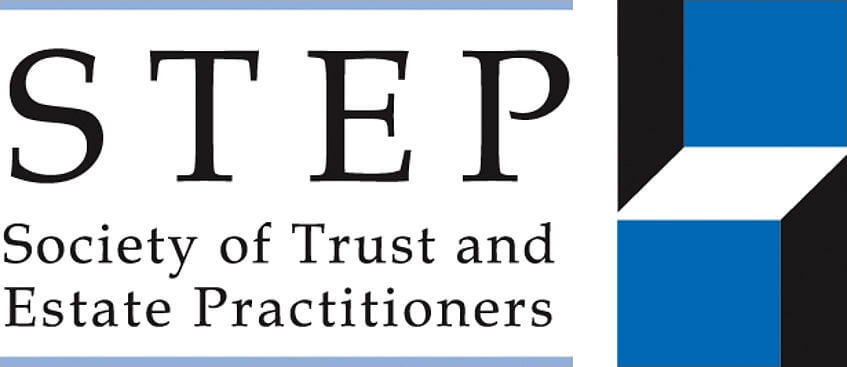2016 will be remembered as a turning point in the politics and economics of western democracies. After the populist vote in the UK for Brexit in June, now against the odds, the outsider, Donald Trump, has won the American Presidency, which Trump himself dubbed ‘Brexit plus, plus, plus.’
Since the global financial crisis in 2008, against a backdrop of rising social inequality and racial divisions, large sections of western populations have felt marginalised. Lower living standards and social dislocation have resulted from austerity measures, globalisation, cheaper migrant labour, and automation with the progress of the digital economy.
Such populist votes represent a desire for change and political reform of the establishment, which Trump has referred to as ‘draining the swamp of Washington D.C’. This populist anti-establishment phenomenon is not confined to just the UK and US. It will be interesting to see how such populism plays out when Germany and France go to polls next year as well as the referendum in Italy next month on constitutional reform.
As far as markets are concerned, the response to Trump’s victory has been muted. Other than the Mexican peso, after some initial volatility in Asia and pressure on the dollar, markets have generally remained calm with little change by the end of the day. This is in contrast to events after the EU Referendum, where markets experienced high levels of volatility, initially falling sharply, but recovering strongly in subsequent days. Today, investors have largely chosen to sit on their hands, perhaps aware of the ‘over-reaction’ in the immediate aftermath of the shock Brexit vote. Most importantly, it will take investors time to discover what a Trump presidency (rather than a Trump challenger) represents as his views are a somewhat eclectic mix, rather than based on any established political ideology.
Trump Presidency
Despite 18 months of campaigning, there has been little detail from Trump regarding likely policies – Trump describes himself as ‘totally flexible on very, very many issues.’ It is too early to tell whether the tone of his Presidency will be based on his strident outspoken sound-bites during the election campaign, or whether he will temper his approach and attempt to build bridges with opponents, both within and outside his party, in the mould of Ronald Reagan, whose slogan ‘we share the same dreams’, Trump echoed in his victory speech. It is clear, however, that despite the Republicans now holding the Presidency and controlling Congress, Trump’s power as President will be curtailed by the American political system and this is likely to constrain some of his more extreme ideas. As such, whilst Trump’s rhetoric on the economy has been branded unworkable and even illiterate by some critics, now that he has won the presidency, there may be a more pragmatic and considered approach to economic policy.
I expect that Trump will focus more on domestic affairs and be less supportive of free trade and globalisation as he adopts a more protectionist approach with potentially the introduction of trade tariffs on Chinese and Mexican goods, as well as curbs on immigration. Whilst this may hinder exporters, such as industrials and automotive companies, it may represent an opportunity for medium sized US domestically focused companies and consumer focused companies. Concerns regarding free trade could hit China and other Asian and emerging exporting countries particularly, as well as North American Free Trade Agreement (NAFTA) members across the American subcontinent. On the other hand, Trump may cultivate an improved relationship with President Putin of Russia by lifting sanctions and closer co-operation.
Challenges Facing Trump
Relations with the Federal Reserve will be important. A rate rise this year now looks unlikely as the Fed will be keen to maintain financial stability. Janet Yellen, Federal Reserve Chair, is due to leave her post in February 2018; markets will be watching closely to ensure that her successor is of a similar calibre and not a political appointee, as Trump has criticised the Fed for keeping interest rates low and creating a ‘false economy’. There is also a vacancy to fill at the US Supreme Court, which will be one of Trump’s first tests to resolve the bitter partisanship.
Despite the headwinds of Trump’s potentially protectionist approach, the US economy looks in reasonable shape and we expect growth to continue, supported by benign levels of inflation and continuing low interest rates. The economy is also likely to receive a boost from an accommodative fiscal policy – generous tax cuts (even if less than the promised $10tr), as well as spending on domestic infrastructure projects and defence (albeit uncertainty regarding the future US role in NATO). The fiscal stimulus could prove inflationary and lead to higher bond yields, which would be supportive of US banks, particularly if combined with a more accommodative regulatory regime (Trump has hinted at unwinding much of the Dodd Frank Act introduced after the global financial crisis). Pharmaceutical companies could also benefit as the worries about drug pricing controls have evaporated following Clinton’s defeat. Oil companies engaged in shale production could receive a boost as Trump appears supportive at the expense of the green energy sector.
Conclusion
In summary, we consider it is too early to draw any conclusions regarding the likely path for US and global markets following Trump’s victory. Whilst uncertainty may weigh on sentiment until he takes office on 20 January 2017, our view is that investors should remain open-minded. Just as Trump surprised the world by winning the election, it is premature to assess the economic ramifications or trajectory of a Trump Presidency until there is more clarity on the shape of the new administration.
Time will tell, but I suspect the outcome for the US economy may surpass market expectations over the next few years as the Republican Party has a long-established history as the pro-business voice in US politics and Congress is therefore likely to resist measures which are detrimental to trade. Finally, in terms of evaluating the risks facing developed markets, such as the US, Japan, Europe and the UK, despite Trump’s lack of experience and irascibility, we retain a preference for the US based on its large share of high quality well-capitalised global companies, good corporate governance, transparency and liquidity. Our view is supported by David Kostin, chief US equity strategist at Goldman Sachs, who sees limited fallout from a Trump presidency and says that stocks are likely to resume their ascent in coming years.
Matthew Clark, 9 November 2016
Please note, this article is our view and does not constitute investment advice. As such, it is for information only and no action should be taken as a result of its contents. If you would like investment advice on your individual circumstances, please do not hesitate to get in touch.







